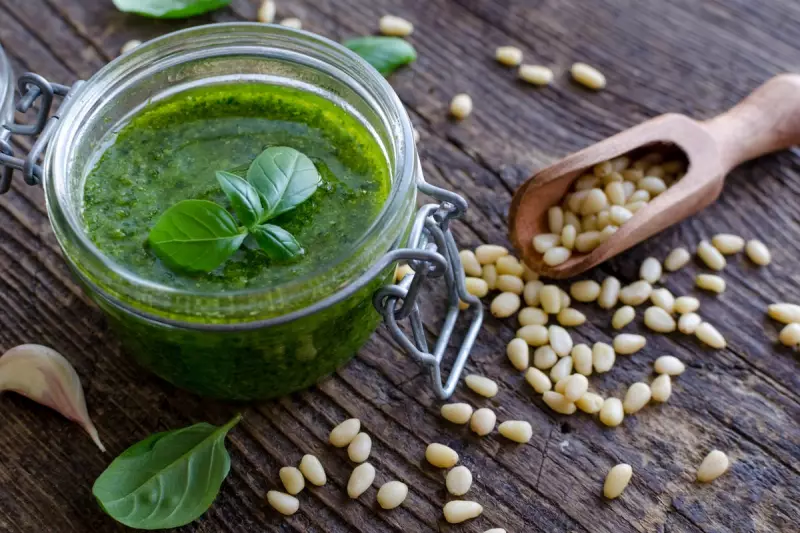
Health authorities across Britain are issuing urgent warnings about unexpected allergy triggers hiding in seemingly healthy alternative foods. Recent cases have revealed that goat's milk and pea protein – both popular choices for health-conscious consumers – can provoke severe allergic reactions in unsuspecting individuals.
The Hidden Dangers in Healthy Alternatives
Medical professionals are reporting increasing instances of anaphylaxis and other serious reactions linked to these alternative protein sources. What makes these cases particularly concerning is that many consumers assume these products are safer options, unaware of their potential to cause life-threatening responses.
Goat's Milk: Not the Safe Alternative Many Believe
Families seeking alternatives to cow's milk often turn to goat's milk, believing it to be a gentler option. However, researchers have discovered that the proteins in goat's milk closely resemble those in cow's milk, meaning people with existing dairy allergies may experience similar – or even more severe – reactions.
Key warning signs include:
- Swelling of the lips, face, or throat
- Difficulty breathing and wheezing
- Skin rashes or hives
- Digestive distress and vomiting
Pea Protein: The Plant-Based Peril
The rise of plant-based eating has made pea protein a common ingredient in everything from protein shakes to meat substitutes. Yet this trendy ingredient is emerging as a significant allergen that can catch consumers completely off guard.
What makes pea protein particularly problematic is its presence in products that don't obviously contain peas. Many vegan burgers, protein bars, and dairy-free products contain this ingredient without clear warning labels.
Protecting Yourself and Your Family
Allergy UK emphasises the importance of vigilance when trying new food products. "Always read labels carefully, even on products you've purchased before," advises a spokesperson from the organisation. "Manufacturers frequently change recipes and ingredients."
Essential safety steps include:
- Reading ingredient lists thoroughly every time you shop
- Asuring restaurant staff about allergies when dining out
- Carrying prescribed allergy medication at all times
- Educating family members about cross-contamination risks
The Future of Food Allergy Management
As the market for alternative foods continues to expand, experts call for clearer labelling and greater awareness among both consumers and healthcare providers. The message is clear: just because a food is marketed as 'natural' or 'healthy' doesn't mean it's safe for everyone.
If you experience any unusual symptoms after consuming goat's milk, pea protein, or any new food product, seek medical attention immediately and report the reaction to your GP. Early identification and proper management could prevent more serious incidents in the future.





